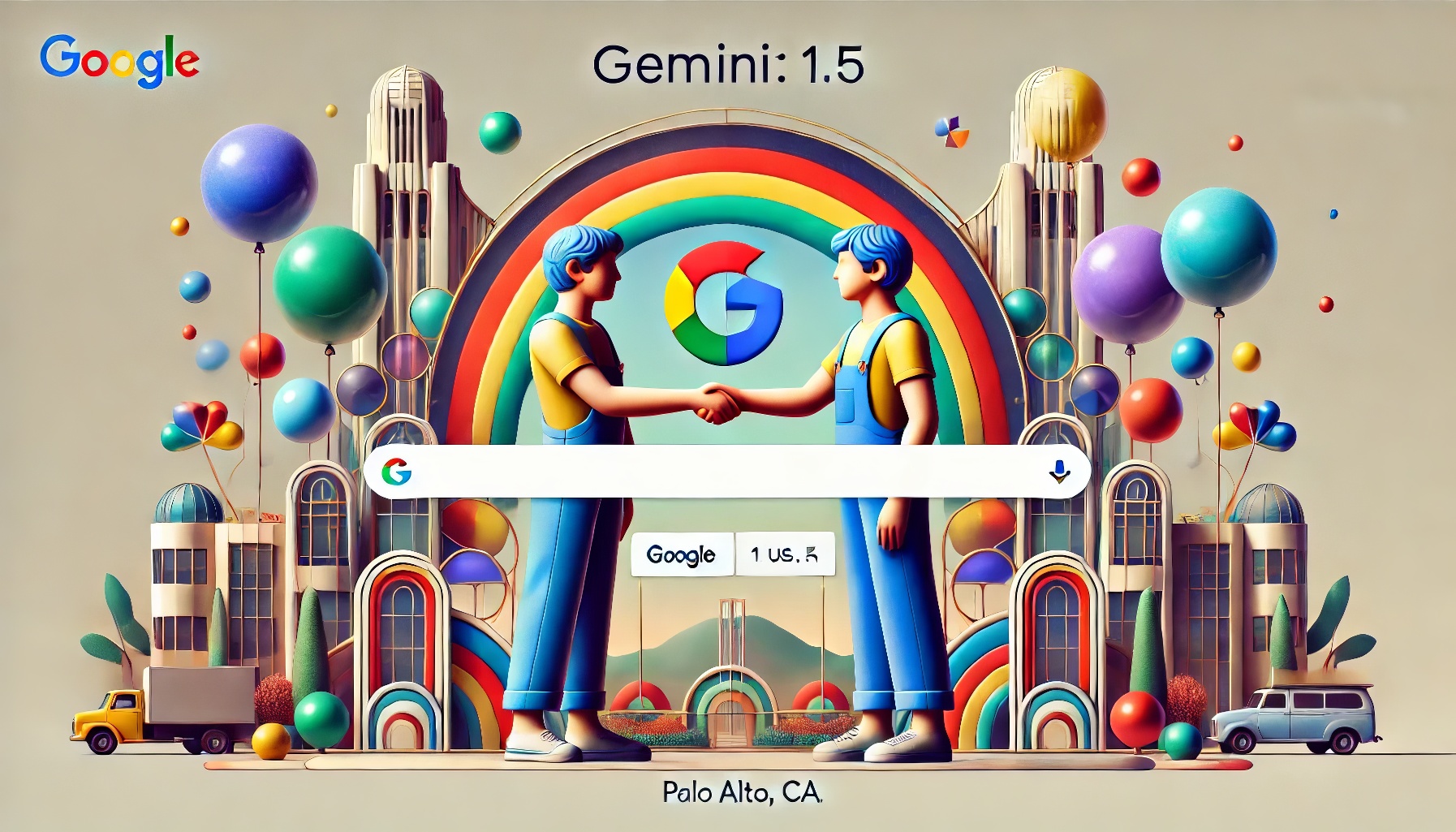
Google’s Gemini 1.5 Pro AI Model
INTRO
Google’s Gemini 1.5 Pro is a cutting-edge AI model designed to surpass its competitors, including OpenAI’s GPT-4. It represents a significant leap forward in AI technology, featuring advanced capabilities in long-context understanding and multi-modal tasks. This new model aims to redefine the AI landscape by offering unprecedented performance and efficiency.
FEATURES
- Enhanced Performance: Gemini 1.5 Pro outperforms previous models with superior benchmarks in long-context retrieval tasks, achieving near-perfect recall and high accuracy across various modalities.
- Mixture-of-Experts (MoE) Architecture: This architecture allows the model to selectively activate specific neural network pathways, significantly enhancing efficiency and performance.
- Long-Context Window: The model can handle up to 1 million tokens in a single context window, far surpassing competitors like GPT-4 Turbo and Claude 2.1, which are limited to 128K and 200K tokens, respectively.
BENEFITS
- Multimodal Capabilities: Gemini 1.5 Pro can process and analyze text, images, audio, and video, making it versatile for a wide range of applications.
- Improved Efficiency: The MoE architecture and efficient training methods reduce computational requirements, enabling faster iteration and deployment of advanced models.
- High Accuracy and Recall: With its extensive context window, Gemini 1.5 Pro can deliver highly accurate and relevant responses, even for complex and lengthy inputs.
TECHNICAL DETAILS
- Token Capacity: Supports up to 1 million tokens per context window, with ongoing optimizations for higher capacities.
- Benchmark Performance: Achieves 99.7% accuracy up to 1 million tokens and 99.2% accuracy up to 10 million tokens.
- Architecture: Utilizes a Mixture-of-Experts (MoE) model, which divides the neural network into smaller, specialized “experts” to enhance performance and efficiency.
SUMMARY
Google’s Gemini 1.5 Pro is a transformative AI model that sets new standards in the industry. Its advanced features, including a high-capacity context window and MoE architecture, allow it to outperform existing models in both efficiency and accuracy. This positions Gemini 1.5 Pro as a leading choice for developers and enterprises looking to leverage state-of-the-art AI capabilities.
Other AI News
-
Hedra Secures $10M Seed Funding to Transform AI Video Creation
Hedra, an AI video creation platform, has raised $10 million in seed funding, highlighting the growing interest in AI-driven content creation. The funding round was led by venture capital firms and aims to accelerate Hedra’s development of its generative AI video platform, which allows users to produce high-quality video content efficiently. This investment will enable Hedra to enhance its technology, expand its team, and scale its operations to meet the increasing demand for innovative AI tools in the video production industry.
The platform, founded by a team of AI and video experts, leverages advanced machine learning algorithms to automate various aspects of video creation, from scripting to final edits. This capability is expected to democratize video production, making it accessible to a broader audience, including small businesses and individual content creators. The company’s focus on user-friendly design and powerful AI tools positions it to become a significant player in the rapidly evolving digital media landscape.
-
Black Forest Labs Raises $31M for Flux 1 AI Image Generator
The creators of Stable Diffusion have launched a new startup, Black Forest Labs, and successfully secured $31 million in funding to develop their latest project, the Flux 1 AI image generator. The funding round was supported by prominent investors eager to back the advanced capabilities of Flux 1, which promises to push the boundaries of AI-generated imagery. This new platform aims to offer enhanced text-to-image generation, leveraging cutting-edge technology to deliver high-quality, creative visuals efficiently.
Black Forest Labs is set to build on the success of Stable Diffusion by incorporating new features and improvements into Flux 1, catering to a diverse range of applications from entertainment to advertising. The influx of capital will be used to expand the team’s research and development efforts, accelerate product development, and scale the platform’s capabilities to meet market demands. This development marks a significant milestone in the evolution of generative AI technology and its practical applications.
-
Stability AI Accelerates 3D Image Generation with Stable Fast 3D
Stability AI has introduced Stable Fast 3D, a new generative AI technology designed to significantly speed up the creation of 3D images from single input images. This innovation leverages advanced algorithms to quickly produce high-quality 3D visuals, addressing the growing demand for efficient 3D image generation in various industries. Stable Fast 3D aims to streamline workflows in fields such as gaming, virtual reality, and digital content creation, where rapid and reliable 3D imaging is essential.
The development of Stable Fast 3D builds on Stability AI’s expertise in generative AI, expanding their portfolio beyond their well-known Stable Diffusion models. The technology promises to offer users enhanced capabilities for generating detailed 3D images, supporting a wide range of applications from industrial design to entertainment. This launch represents a significant step forward in making sophisticated 3D image generation more accessible and efficient for both professionals and enthusiasts.
-
EMA Secures $36M to Develop Universal AI Employees for Enterprises
San Francisco-based startup EMA has raised $36 million in a Series A funding round to advance its mission of creating universal AI employees for enterprises. Founded by former employees of Google and Okta, EMA aims to develop AI agents capable of performing a wide range of tasks, thus enhancing productivity and operational efficiency in businesses. The funding will be used to accelerate product development, expand the team, and scale their AI solutions to meet the growing demand from enterprises seeking to automate complex workflows and reduce operational costs.
The investment round was led by a consortium of venture capital firms, signaling strong confidence in EMA’s innovative approach to AI-driven automation. The company’s AI employees are designed to integrate seamlessly into existing enterprise systems, providing versatile and scalable solutions for tasks such as customer service, data analysis, and IT support. This development represents a significant step towards broader adoption of AI in the workplace, promising to transform how businesses operate by leveraging advanced machine learning and artificial intelligence technologies.
-
Hugging Face Launches Inference-as-a-Service with NVIDIA NIM
Hugging Face has introduced a new inference-as-a-service offering powered by NVIDIA NIM, aiming to enhance AI model efficiency and accessibility for developers. This service, announced at the SIGGRAPH conference, allows developers to quickly prototype and deploy AI models hosted on the Hugging Face Hub with up to five times better token efficiency. Utilizing NVIDIA’s DGX Cloud infrastructure, the service provides scalable GPU resources, enabling rapid and flexible deployment of popular AI models such as the Llama 3 family and Mistral AI models.
NVIDIA NIM microservices optimize the inference process by improving token processing efficiency and leveraging the high-performance capabilities of NVIDIA DGX Cloud. This collaboration between Hugging Face and NVIDIA is set to benefit over 4 million developers, offering an integrated solution for experimenting with and deploying cutting-edge AI models without the need for extensive infrastructure investments.
-
NVIDIA Launches Generative AI and NIM Microservices for OpenUSD
NVIDIA has introduced generative AI and NIM (NVIDIA Inference Microservices) microservices designed for the OpenUSD framework. This new offering aims to streamline the deployment and scalability of generative AI models, enhancing the efficiency and speed of applications in various industries. The NIM microservices package optimized inference engines and standard APIs into containers, making it easier for developers to deploy and manage AI models across different platforms.
This initiative includes support from major software and data platform vendors, facilitating the integration of NVIDIA’s AI technologies into diverse enterprise applications. The NIM microservices, combined with NVIDIA’s DGX Cloud infrastructure, promise improved performance and flexibility, enabling rapid prototyping and deployment of AI models, particularly for tasks involving Retrieval Augmented Generation (RAG) systems.
-
Shutterstock and Getty Images Enhance Generative AI Services with NVIDIA Technology
Shutterstock has launched a new generative 3D tool, and Getty Images has upgraded its service, both powered by NVIDIA’s Edify AI technology. This collaboration enables the creation of high-quality, AI-generated 3D content, enhancing the capabilities and offerings of both platforms. These advancements aim to provide users with more efficient and sophisticated tools for generating 3D assets, leveraging the powerful processing capabilities of NVIDIA’s AI infrastructure.
NVIDIA’s Edify AI technology optimizes the generation of complex 3D images, making it easier for users to create detailed and realistic visuals. The integration with Shutterstock and Getty Images allows these platforms to offer cutting-edge generative AI solutions, catering to the growing demand for advanced digital content creation tools in various industries such as media, entertainment, and advertising.
-
UK CMA Probes Google’s Investment in AI Rival Anthropic
The UK’s Competition and Markets Authority (CMA) has launched an antitrust investigation into Google’s partnership with AI startup Anthropic. This inquiry aims to determine whether Google’s significant investments in Anthropic, which include a $2 billion deal made in October 2023, have created a “relevant merger situation” under the Enterprise Act 2002 that could potentially reduce competition in the UK market. The CMA is seeking feedback from interested parties by August 13, 2024, to assess the impact of this collaboration.
Google’s investments have positioned Anthropic to use Google Cloud as its preferred provider, although Anthropic maintains the freedom to use multiple cloud services. The partnership includes co-developing AI computing systems utilizing Google’s advanced GPU and TPU clusters. Despite these investments, Anthropic asserts its independence and plans to cooperate fully with the CMA’s investigation. This probe follows similar regulatory scrutiny in the US and reflects ongoing concerns about the consolidation of power within the AI industry.
-
Apple’s Ethical and Technical Approach to Training Apple Intelligence Models
Apple’s recent technical paper details its responsible approach to training its Apple Intelligence models, emphasizing data quality and ethical considerations. The training pipeline incorporates both human-annotated and synthetic data, employing rigorous curation and filtering processes. Apple developed novel post-training algorithms, including a rejection sampling fine-tuning algorithm and a reinforcement learning from human feedback (RLHF) algorithm. These innovations significantly improve the models’ ability to follow instructions. For optimization, Apple uses low-bit palletization and grouped-query-attention to reduce memory and inference costs, achieving high efficiency on both on-device and server-based models.
The on-device models, designed to run efficiently on hardware like the iPhone 15 Pro, utilize a 3.7-bit-per-weight configuration for balancing performance and accuracy. Apple also employs adapters, small neural network modules that fine-tune the models for specific tasks without altering the base parameters, ensuring efficient memory management and system responsiveness. The training data excludes private user data, focusing on licensed, publicly available, and open-source data, underscoring Apple’s commitment to user privacy and responsible AI development.
-
Technical Hurdles in AI: Unlearning Methods and Their Impact on Model Performance
A recent study involving researchers from the University of Washington, Princeton, University of Chicago, USC, and Google has explored the technical complexities of unlearning methods in AI models. These methods aim to remove specific data, such as private or copyrighted information, from generative models without compromising their performance. The researchers developed the MUSE (Machine Unlearning Six-way Evaluation) benchmark to assess the effectiveness of unlearning algorithms. They found that while these methods could effectively make models forget specific data, they also significantly degraded the models’ overall performance, particularly in tasks like general question-answering and context comprehension.
Unlearning in AI models is technically challenging because the knowledge derived from the training data is deeply interwoven within the model’s architecture. Current unlearning algorithms, which steer models away from unwanted data, are not yet efficient enough for real-world applications without a substantial loss in utility. The study highlights the need for further research to develop more sophisticated unlearning techniques that can balance the removal of specific data with maintaining model performance. This complexity underscores the ongoing technical challenge of ensuring AI models can adapt to data privacy and copyright requirements without losing their functional capabilities.
-
Former Twitter and Squad Execs Raise $7M for Advanced Hardware AI Assistant
Former executives from Squad and Twitter have raised $7 million to develop a new hardware AI assistant aimed at revolutionizing user interaction with technology. This AI assistant will leverage advanced natural language processing and machine learning techniques to offer seamless, real-time assistance across various tasks. The device is designed to operate efficiently with a focus on privacy, utilizing on-device processing to minimize data sharing and enhance security. The funding reflects strong investor confidence in the team’s expertise and the project’s potential to set new industry standards.
The hardware AI assistant will incorporate sophisticated speech recognition algorithms and adaptive learning capabilities, allowing it to personalize responses and functionalities based on user preferences and habits. The integration of these technologies ensures a responsive and intuitive user experience. Additionally, the assistant will feature a robust, low-power hardware design optimized for continuous use, leveraging advancements in AI chip technology to deliver high performance without compromising battery life. This initiative aims to push the boundaries of AI interaction, making advanced digital assistance more accessible and practical for everyday use.
-
OpenAI’s ChatGPT Introduces Hyper-Realistic Voice Feature in Limited Rollout
OpenAI has begun rolling out its Advanced Voice Mode for ChatGPT, offering a hyper-realistic voice feature to a select group of ChatGPT Plus users. This new mode leverages the multimodal capabilities of GPT-4o, enabling seamless voice-to-text, text-to-speech, and text processing within a single model. This integration significantly reduces latency and enhances the naturalness of real-time conversations. Additionally, GPT-4o can detect and respond to emotional intonations in users’ voices, providing a more immersive and interactive user experience. OpenAI has developed four new preset voices—Juniper, Breeze, Cove, and Ember—in collaboration with voice actors to ensure diverse, realistic voice options while preventing misuse and deepfake concerns.
The rollout of Advanced Voice Mode will be gradual, with broader availability expected by fall 2024. This phased approach allows OpenAI to closely monitor and refine the feature based on user feedback. Initially, access will be granted to a small group of users, who will receive notifications through the ChatGPT app. Alongside the voice feature, OpenAI is implementing safety measures, including new filters to block the generation of copyrighted audio and to prevent the AI from creating outputs resembling specific individuals. Testing of GPT-4o’s voice capabilities involved over 100 external testers across 45 languages to ensure robustness and address potential weaknesses.
-
Character.AI CEO Noam Shazeer Rejoins Google
Noam Shazeer, co-founder and CEO of Character.AI, is returning to Google, rejoining the company he left in 2021 to start the chatbot-focused startup. Shazeer, who played a pivotal role in developing Google’s LaMDA (Language Model for Dialogue Applications), will re-enter Google’s AI unit DeepMind. This move is part of a broader strategy by Google to acquire top talent and integrate advanced AI technologies from startups like Character.AI. Along with Shazeer, co-founder Daniel De Freitas and several other employees will also transition back to Google.
Character.AI, backed by Andreessen Horowitz, has raised over $150 million and focuses on creating interactive virtual characters for various applications. Despite Shazeer’s departure, the startup will continue its operations under interim CEO Dominic Perella. Character.AI will also grant Google a non-exclusive license to use its technology, further strengthening Google’s AI capabilities. This transition aligns with Character.AI’s strategy to leverage third-party large language models (LLMs) alongside their proprietary models to enhance user experiences.
-
Suno Defends Use of Copyrighted Music in AI Training Amid RIAA Lawsuit
AI music startup Suno is defending its use of copyrighted music to train its AI models amid a lawsuit filed by major record labels, including Universal Music Group, Warner Music Group, and Sony Music. Suno argues that their practices fall under the fair-use doctrine, which allows for certain unauthorized uses of copyrighted works if they are transformative. Suno claims that training AI on existing music is analogous to how human musicians learn from past works, creating new and original music based on these influences. The company asserts that the lawsuit is an attempt by the labels to suppress competition and maintain market share.
The lawsuit, filed in June 2024, targets the training process rather than the AI-generated outputs, arguing that the use of copyrighted recordings without permission constitutes copyright infringement. Suno counters this by stating that copying protected works for backend technological processes to create new, non-infringing products is legally supported by fair use. The startup’s legal response highlights the potential benefits of AI in expanding the music industry and calls for collaboration rather than litigation. The case will be closely watched as it could set important precedents for the use of copyrighted material in AI training.
-
Google’s GEMMA 2 2B: Compact AI Model Surpassing Industry Giants
Google has launched the GEMMA 2 2B, a lightweight AI model with 2 billion parameters, challenging larger models like GPT-3.5 with superior performance. Despite its compact size, GEMMA 2 2B achieves this efficiency by using advanced distillation techniques and a massive training dataset of 2 trillion tokens. This allows the model to run effectively on various hardware, from laptops to cloud deployments using Vertex AI and Google Kubernetes Engine (GKE). Notably, it can operate on the NVIDIA T4 deep learning accelerator’s free tier, making it highly accessible for developers.
Additionally, Google has introduced ShieldGemma and Gemma Scope alongside GEMMA 2 2B. ShieldGemma is a suite of safety classifiers designed to filter harmful content, enhancing the safety of AI outputs. Gemma Scope provides transparency tools using sparse autoencoders (SAEs) to analyze and interpret the model’s inner workings. These innovations aim to create safer and more transparent AI systems, addressing both performance and ethical concerns in AI deployment.
-
Microsoft Identifies OpenAI as Major Competitor in AI and Search Technology
In a significant development, Microsoft has now identified OpenAI as a competitor, marking a shift in their relationship despite Microsoft’s $13 billion investment in the AI startup. This change is primarily driven by OpenAI’s launch of SearchGPT, which directly challenges Microsoft’s AI and search products, such as Bing Copilot and Windows AI features. The competitive dynamic is highlighted in Microsoft’s 10K filing, where OpenAI is listed alongside other major tech rivals like Google and Amazon.
The competitive landscape between Microsoft and OpenAI is further complicated by their intertwined business interests. While Microsoft provides cloud services to OpenAI through Azure, it now competes with OpenAI’s advancements in AI-driven search and news advertising. This dual relationship underscores the complexity of tech partnerships where collaborative efforts can also lead to competitive tensions. Additionally, regulatory scrutiny from the FTC into Microsoft’s investments in AI startups adds another layer of complexity, influencing how these tech giants navigate their evolving relationship in the AI sector.
-
Sybill Secures $11M to Enhance AI Sales Assistant for Reducing Administrative Tasks
Sybill, an AI startup specializing in sales assistance, has raised $11 million in a Series A funding round led by Greycroft, with participation from Neotribe Ventures, Powerhouse Ventures, and Uncorrelated Ventures. This funding increases the company’s total to $14.5 million since its founding in 2020. Sybill’s AI assistant aims to boost sales productivity by automating repetitive tasks such as drafting follow-up emails, updating CRM systems, and summarizing sales interactions. The platform leverages both conversational and behavioral AI to provide real-time insights and streamline workflows, enabling sales reps to focus more on customer engagement and closing deals.
Sybill’s technology integrates seamlessly with popular meeting platforms like Zoom and Google Meet, and syncs with CRM systems such as Salesforce and HubSpot. It helps sales teams by recording sales calls, generating transcriptions, and analyzing customer interactions to identify key points such as budget, stakeholders, and timelines. Over the past 18 months, Sybill has grown its revenue 15-fold, tripled its headcount, and now serves over 500 customers across 30 countries. The new funds will be used to further develop Sybill’s AI technology and expand its team from 30 to 40 employees by the end of the year.
-
Heeyo Launches AI Chatbot to Engage and Educate a Billion Children
Heeyo, a Palo Alto-based startup, has developed an AI chatbot designed to serve as an interactive tutor and friend for children aged three to eleven. The chatbot offers over 2,000 interactive games and activities, including books, trivia, and role-playing adventures. Backed by investors such as OpenAI Startup Fund and Alexa Fund, Heeyo focuses on combining educational content with engaging gameplay, aiming to provide a safe and fun learning environment. The platform allows parents and children to customize the AI and design new learning activities, ensuring a personalized experience.
Heeyo’s AI chatbot prioritizes children’s safety by adhering to the Children’s Online Privacy Protection Act (COPPA), ensuring no personal data is stored and that interactions are secure. The AI does not ask for personal details and immediately deletes any recorded voices. Developed by a team including children’s book authors, child psychologists, and former creatives from Nickelodeon and Sesame Workshop, Heeyo’s AI combines various models for chatting, story generation, and interactive content creation. This approach not only addresses educational needs but also fills a market gap, providing a resource that many larger tech companies have avoided due to regulatory complexities.
-
Google Cloud Allocates Dedicated Nvidia GPU Cluster for Y Combinator Startups
Google Cloud has introduced a dedicated cluster of Nvidia GPUs and Google’s tensor processing units (TPUs) specifically for Y Combinator startups, offering significant resources to aid in AI model development. This strategic move aims to foster long-term relationships with these startups, providing them with $350,000 in cloud credits over two years and $12,000 in Enhanced Support credits. The dedicated Nvidia H100 GPUs and TPUs will support the training of AI models, helping early-stage startups overcome compute resource limitations and innovate more effectively .
By providing these resources, Google Cloud not only supports the growth of these startups but also positions itself as a key partner in their development journey. The initiative targets AI-focused startups within Y Combinator’s Summer 2024 cohort, ensuring they have access to high-performance computing power essential for AI workloads. This collaboration is part of a broader trend where tech giants and venture capital firms offer substantial compute resources to attract and nurture the next generation of AI-driven companies.
-
Meta’s LLaMA 4: Aiming for Advanced AI with 10x Computing Power
Meta CEO Mark Zuckerberg revealed that training the LLaMA 4 AI model will require ten times the computing power used for LLaMA 3. This increase is due to the significantly larger size and complexity of LLaMA 4, designed to enhance AI capabilities. To meet these demands, Meta plans to leverage its advanced Research SuperCluster (RSC) and custom AI chips, which are optimized for large-scale AI workloads. The RSC, noted for being one of the world’s fastest AI supercomputers, will be critical in providing the necessary computational resources for this next-generation AI model. Meta’s infrastructure investments are substantial, with spending on AI and infrastructure rising by 33.4% to $8.5 billion in Q2, projecting an annual expenditure of up to $40 billion.
The increased computational requirements also reflect Meta’s broader strategy to remain at the forefront of AI development. This initiative will not only support LLaMA 4 but also future AI projects that require extensive processing capabilities. Zuckerberg emphasized the need to build capacity proactively to avoid lagging behind competitors, citing long lead times for scaling up AI infrastructure. Additionally, Meta’s financial performance, with Q2 revenue of $39.1 billion and a profit increase of 73% to $13.5 billion, supports these heavy investments in AI research and development.
-
OpenAI Collaborates with U.S. AI Safety Institute for Pre-release Model Testing
OpenAI has pledged to grant the U.S. AI Safety Institute early access to its forthcoming AI model as part of an initiative to enhance AI safety and transparency. This agreement aims to facilitate comprehensive evaluations and ensure that safety protocols are rigorously tested before public release. The collaboration follows OpenAI’s commitment to allocate at least 20% of its computing resources towards safety efforts, a move designed to address growing concerns about the potential risks associated with advanced AI systems.
This partnership is a response to past criticisms regarding OpenAI’s safety priorities and aims to rebuild trust with both the public and regulatory bodies. The U.S. AI Safety Institute, established to assess and mitigate AI risks, will work closely with OpenAI to advance the science of AI evaluations. Despite facing scrutiny over its safety measures, OpenAI has reiterated its commitment to transparency and proactive safety practices. This move also aligns with similar efforts by other AI companies like DeepMind, which has previously shared AI models with UK regulators for safety assessments.
-
Canva Acquires Leonardo.AI to Enhance Generative AI Offerings
Canva has announced the acquisition of Leonardo.AI, a generative AI content and research company, to bolster its visual AI tools within the Magic Studio suite. Leonardo.AI’s technology, built on the Phoenix foundational model, enables the rapid creation of production-quality images and videos with simple prompts, catering to various industries including marketing, design, and education. This acquisition will enhance Canva’s AI capabilities, supporting its mission to empower users with advanced visual content creation tools.
Leonardo.AI, founded in late 2022, has already produced over one billion images and amassed 19 million users. Its tools offer unprecedented control and speed, generating images in various aesthetics and creating videos and sketches with AI. With Canva’s support, Leonardo.AI aims to scale its AI research efforts and deliver new features to a global audience. This acquisition marks a significant milestone in Canva’s journey to lead in AI-driven visual communication.
-
Intelmatix Secures $20M Series A to Enhance AI for Decision-Making in MENA Region
Intelmatix, a deep tech B2B startup focused on AI-driven decision-making, has raised $20 million in a Series A funding round. This funding aims to bolster AI adoption among businesses in the Middle East and North Africa (MENA) region. Intelmatix provides AI solutions to optimize decision-making processes across various industries such as logistics, retail, and finance. The investment round was led by STV, with participation from regional investors, reflecting strong confidence in Intelmatix’s potential to drive technological advancements in the MENA region.
The newly secured funds will be used to enhance Intelmatix’s AI platform capabilities and expand its market presence. This includes developing more sophisticated AI models and solutions tailored to specific industry needs, improving the accessibility and impact of AI technologies for local businesses. Intelmatix’s approach focuses on leveraging data analytics and machine learning to provide actionable insights, ultimately aiming to support businesses in making more informed, efficient decisions. The company’s growth underscores the increasing demand for AI-driven solutions in the region, as businesses seek to remain competitive in a rapidly evolving technological landscape.
-
Meta Launches AI Studio in the U.S. for Custom AI Chatbot Creation
Meta has launched its AI Studio in the United States, enabling creators to develop personalized AI chatbots across its platforms, including Instagram, Messenger, WhatsApp, and the web. The AI Studio leverages Meta’s advanced Llama 3.1 model to allow users to create AI characters that can engage with followers, handle common queries, and manage direct messages. This tool provides creators with templates and prompts to facilitate chatbot creation for various functions like caption creation, post formatting, and meme generation.
Creators can customize their AI chatbots to reflect their personalities and manage the interaction topics and links the bots can engage with, offering greater control over fan interactions. Additionally, the AI Studio supports broader use cases, allowing any user to design AI characters for specific tasks. This launch is part of Meta’s broader strategy to integrate advanced AI tools into its ecosystem, aiming to enhance user engagement and community outreach through innovative AI solutions.
-
Perplexity AI’s Revenue Sharing Model for News Publishers
Perplexity AI has announced a new revenue-sharing initiative to distribute advertising income with publishers whose content is cited by its AI chatbot. The “Publishers’ Program” aims to address recent plagiarism accusations and includes notable partners such as Time, Der Spiegel, Fortune, Entrepreneur, The Texas Tribune, and Automattic’s WordPress.com. Publishers will receive a double-digit percentage of advertising revenue whenever their content is used in AI-generated responses. The program also offers participating publishers access to advanced developer tools, API credits, and detailed content analytics through Scalepost.ai .
This initiative is part of Perplexity’s effort to improve relationships with media organizations and ensure fair compensation for content usage. The move follows similar licensing deals made by other AI companies like OpenAI, which has faced its own legal challenges over content use. Perplexity aims to onboard 30 publishers by the end of the year and plans to integrate advertisements featuring diverse brands to enhance revenue potential. This strategic pivot underscores the company’s commitment to transparency and ethical AI development in collaboration with the media industry.
-
Runway’s Gen-3 Alpha Turbo: Enhanced Speed and Affordability for AI Video Generation
Runway’s Gen-3 Alpha Turbo is a substantial enhancement over the previous models, offering a sevenfold increase in speed and significant cost reductions. This new AI video model can generate a 10-second video in just 11 seconds, leveraging advanced multimodal training on large-scale datasets. Gen-3 Alpha Turbo supports real-time video creation using text prompts and still images, and it is integrated with tools like Motion Brush and Advanced Camera Controls to allow fine-grained adjustments in video generation. This model is priced competitively, reducing the credit cost per second of video generation compared to earlier models, making it more accessible for a wider range of users.
Despite its technical advancements, Runway faces significant legal challenges related to copyright infringement. Allegations involve using copyrighted material from public platforms without permission to train their AI models. These legal issues could impact the future of AI video generation, as the outcome might set precedents for how AI companies can utilize public data for training. Additionally, Runway’s strategy includes strict moderation systems and compliance with C2PA provenance standards to mitigate misuse and ensure ethical practices in AI-generated content.
-
EU Seeks Input on Rules for General-Purpose AI under AI Act
The European Union has initiated a consultation process to shape the regulations for general-purpose AI (GPAI) models, such as those developed by Anthropic, Google, Microsoft, and OpenAI, under the new AI Act. This consultation aims to gather input from AI providers, businesses, civil society, rights holders, and academic experts to draft a Code of Practice focusing on transparency, copyright rules, and risk management. The feedback will also guide the AI Office in implementing and enforcing the AI Act’s provisions on GPAI models, which are set to take effect in 12 months.
The AI Act, which came into force on August 1, 2024, establishes a risk-based framework to ensure the safe development and deployment of AI across the EU. It categorizes AI systems into minimal, specific transparency, high, and unacceptable risk levels, imposing varying degrees of regulatory requirements based on the potential harm. The Act aims to position the EU as a global leader in safe AI, promoting innovation while protecting citizens’ rights and ensuring ethical AI practices.
About The Author

Bogdan Iancu
Bogdan Iancu is a seasoned entrepreneur and strategic leader with over 25 years of experience in diverse industrial and commercial fields. His passion for AI, Machine Learning, and Generative AI is underpinned by a deep understanding of advanced calculus, enabling him to leverage these technologies to drive innovation and growth. As a Non-Executive Director, Bogdan brings a wealth of experience and a unique perspective to the boardroom, contributing to robust strategic decisions. With a proven track record of assisting clients worldwide, Bogdan is committed to harnessing the power of AI to transform businesses and create sustainable growth in the digital age.
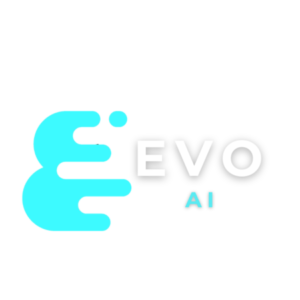



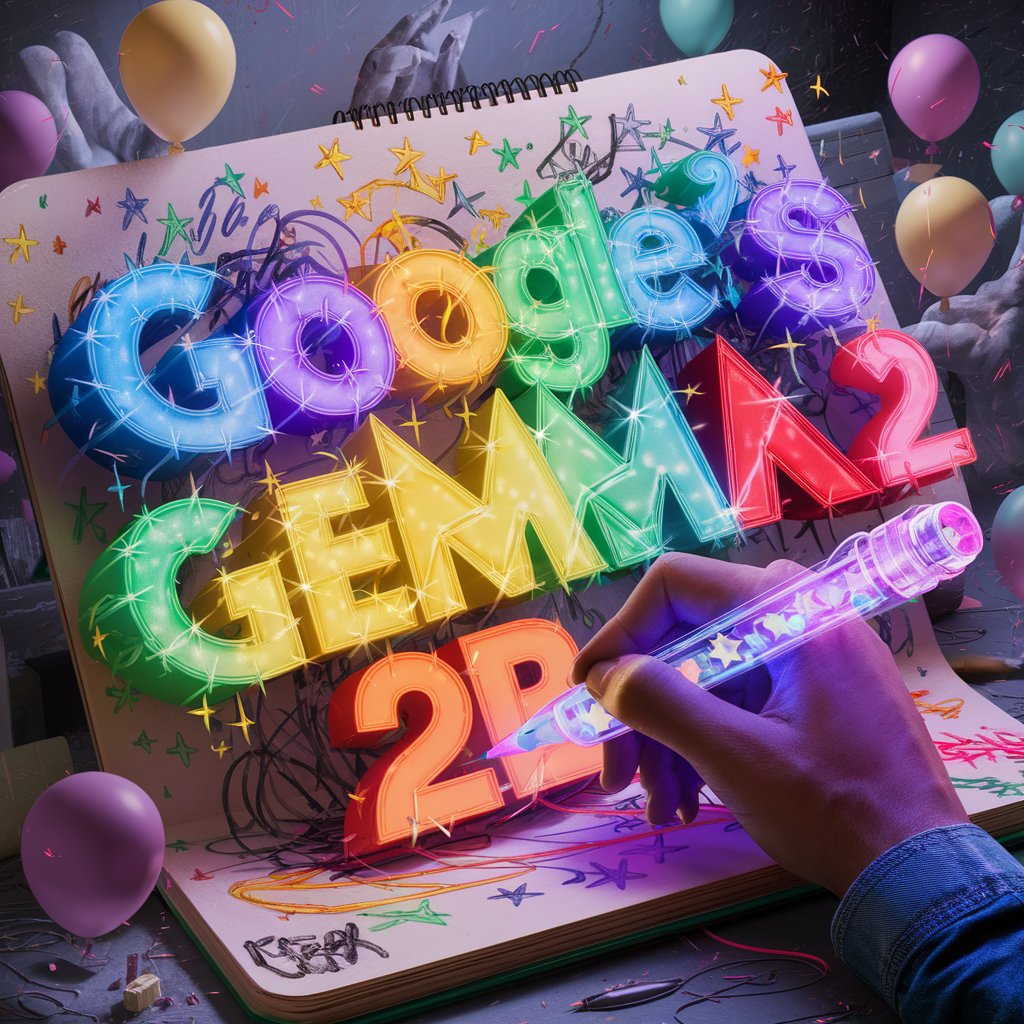


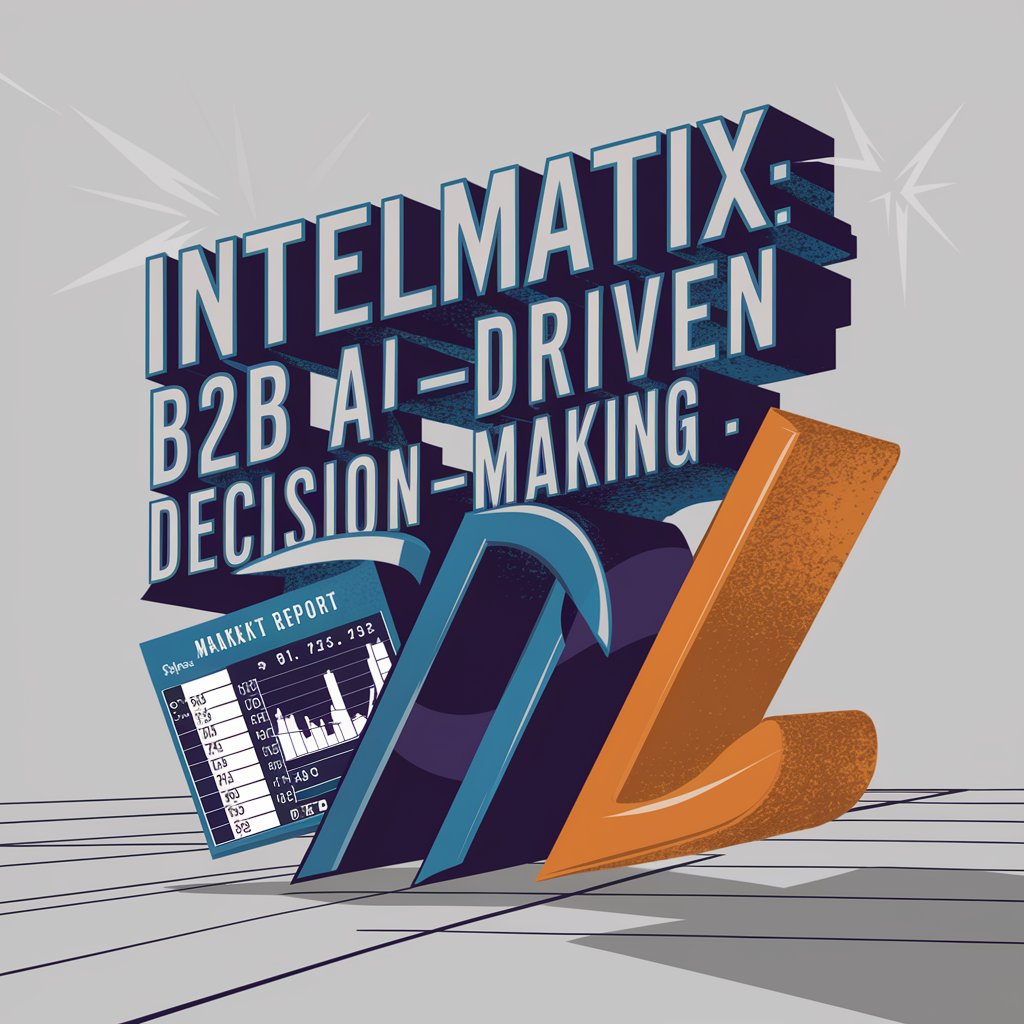
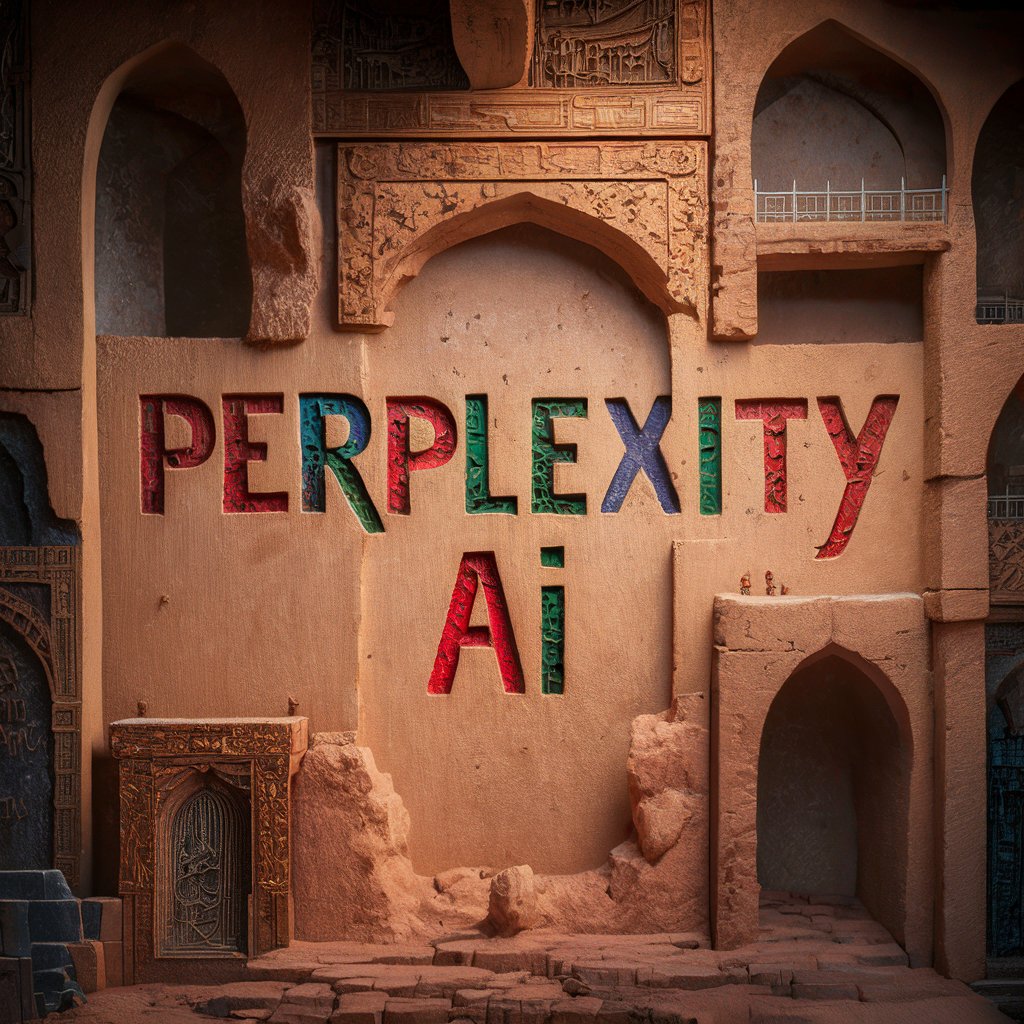


Leave A Comment